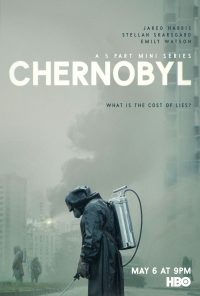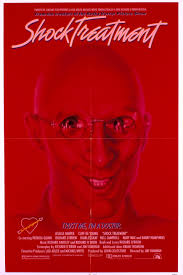Unless you have been under a rock hiding from the insanity of today’s world, and honestly who could blame you, you have probably heard of HBO’s fantastic mini-series Chernobyl chronicling the  infamous Soviet nuclear disaster. Show runner and writer Craig Mazin, best know for films such as The Hangover 2, delivered an amazing, frightening, and moving depiction of the terrifying and heroic events surrounding the 1986 event.
infamous Soviet nuclear disaster. Show runner and writer Craig Mazin, best know for films such as The Hangover 2, delivered an amazing, frightening, and moving depiction of the terrifying and heroic events surrounding the 1986 event.
Mazin also co hosts with fellow screen scribe John August the podcast Scriptnotes where the pair, along with occasional guests, discuss screenwriting from both a creative and a business practical viewpoint. As part of their mission to help screenwriters Mazin has published all five scripts for Chernobyl and I have spent the last two days lost in a wonderful reading experience.
I have read a number of scripts for both television and feature films and I have to say that Mazin has really opened my eyes to ways this particular art form can be expressed. His approach is a close subjective style with elements that I have not seen often in screenplays. The narrative elements of the script contain descriptions that are purely internal to the character. It’s a guide to the reader, the director, and the actor how a scene needs to be played. I have to say that these scripts are a good reading experience one that is as enjoyable as any well-crafted short story or novel. Not only has it made me appreciate the craft more, but also it has enhanced my respect for the series as a whole and ignited a desire to re-watch the entire run.
The scripts are available for free downloading at John August’s website.

